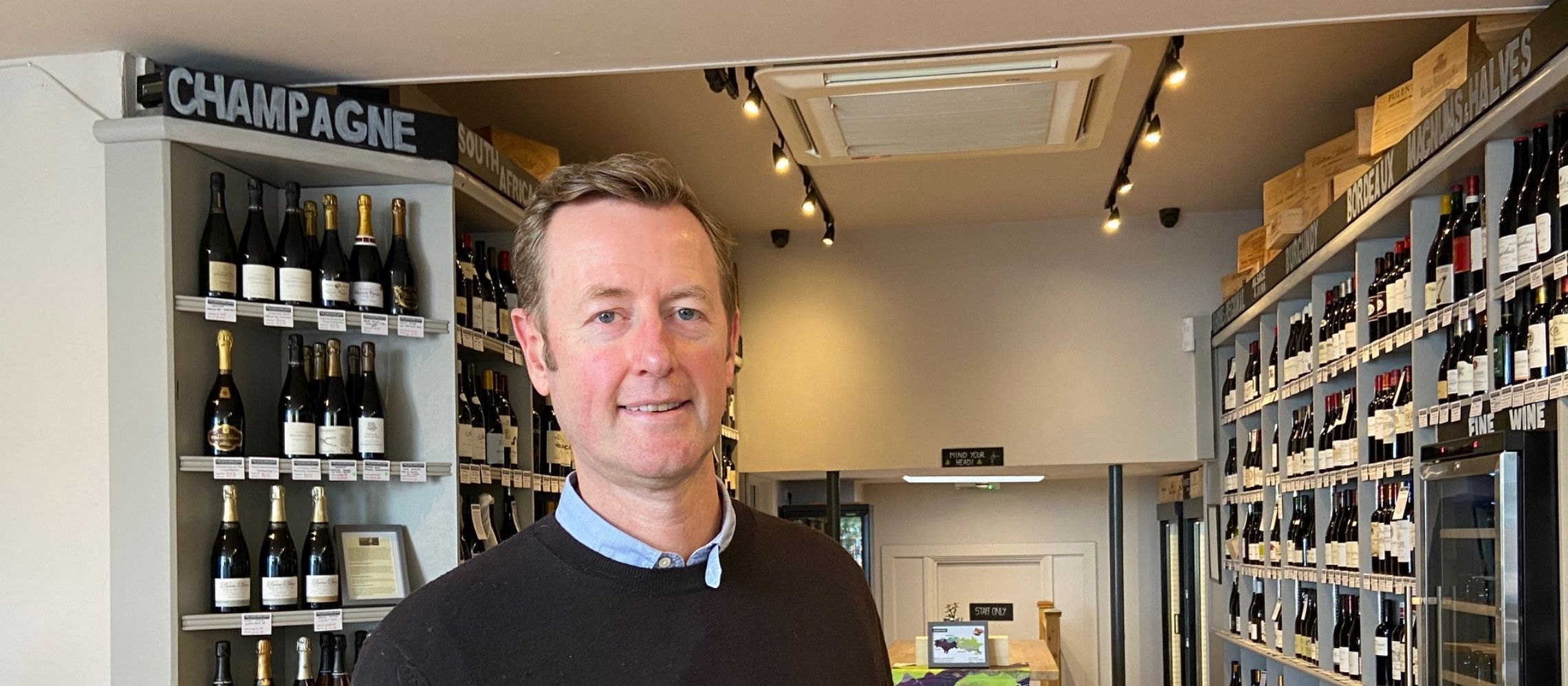Registration Opens
22 April 2025
Judging
Date
23 & 24 March 2026
Winners Announcement
22 April 2026
22 April 2025
23 & 24 March 2026
22 April 2026

For a growing number of residents in south London The Good Wine Shop is a key part of their local community as Mark Wrigglesworth has expanded his wine merchants into more suburban areas, including Richmond Hill which was named Decanter’s Best London Neighbourhood Wine Shop in London in its 2020 awards. Here he explains what he thinks makes his model such a success.
I used to have a successful career in a number of different business sectors. I started out in healthcare, which involved setting up, from scratch, a European division for a US healthcare company. That was brilliant for me. I was only 26 years old at the time and it enabled me to really cut my teeth in knowing how to run a business. After five years I had built it up to a turnover of close to £1 million and was ready for my next challenge.
I then moved to the telecoms sector where I was part of a small start-up business, helping it to grow to a company with 50 staff over a three-year period.

Mark Wrigglesworth, Owner at the Good Wine Shop
After working in other business areas I thought it was time to “own something” for myself. That Christmas, in 2000, my mum bought me some Michael Schuster wine courses and I had this “light-bulb moment” to run a wine business. As I had worked in a few other start ups for other people I really fancied doing my own thing in something I was passionate about.
I wanted to find wines that were not widely available in multiples. So that meant seeking out unique small artisan producers. That has been our USP from the start and we have built on that.
I also realise that to be a good wine merchants you have to be part of the community, you need to know your customers by name, the names of their dogs and kids.
It’s somewhat driven by consumer demand and a sense of having a mission to introduce customers to new things, grape varieties or emerging regions. but also making sure we could appeal to the more traditional and well informed wine buyer too.
Quality, quality, quality - then the back story of the estate or family and why they produce that wine and how.

The Good Wine Shop
Provide marketing support materials as online is so key now - high quality bottle shots, images of the vineyard and also key people in the business. We need all the help they can give us to tell their story and that of their wines - we need their suppor to do that.
Poor communication, particularly when working directly with producers. Slow to respond can be frustrating when you are trying to plan ahead.
Things haven’t change dramatically although the average price which spiked during lockdown is now coming back to more normal historic levels.
We want to build more direct relationships with producers that allow us to provide a unique customer offering and enable better margins by cutting our the middle man. We are pushing to do more of that where we can get the right economies of scale. We have also scaled back the range. We have a core range of around 600 wines that goes into all the stores, with the flexibility for each store manager to list more or less of a particular style or country. But we were 850 wines and that was too many. We need every bottle to earn its place on the list.
The only wine business I have ever worked in is my own. So I have not got any template or rule or thumb to go by. Know your market demographic and customer base, understand what motivates them to visit you rather than the myriad of other places they can buy wine. It’s why it was so important not just for the business, but the team when we were recognised in the Decanter Awards. It was a real accolade for the team at the Richmond Hill store. They have done a great job in engaging with the local customers there. They just get the DNA of the business. We are really proud of it.
Not really, but you need to clear on this and keep that customer base interested by constantly having things to interest them and bring them back.
The 2025 International London Wine Competition is proud to announce the results of its 2025 edition, spotlighting wines that excel not only in exceptional quality but also in delivering outstanding value and compelling packaging. View Results | Order Stickers | Get Sponsorships to promote your win in the first 30 days.